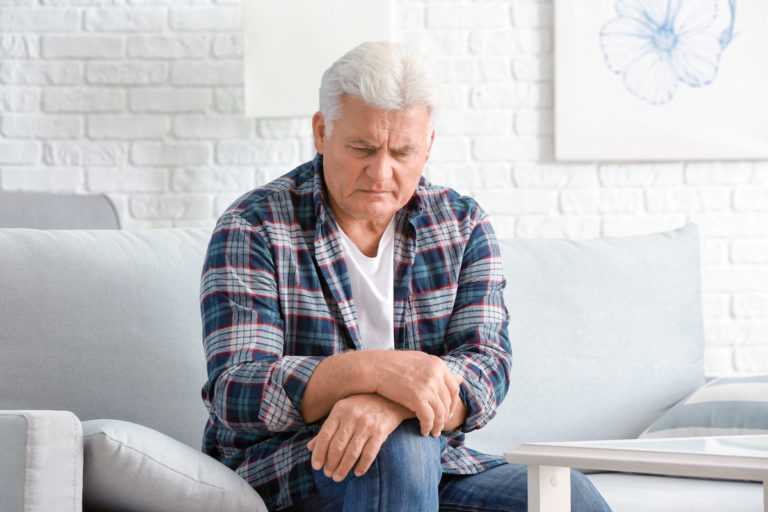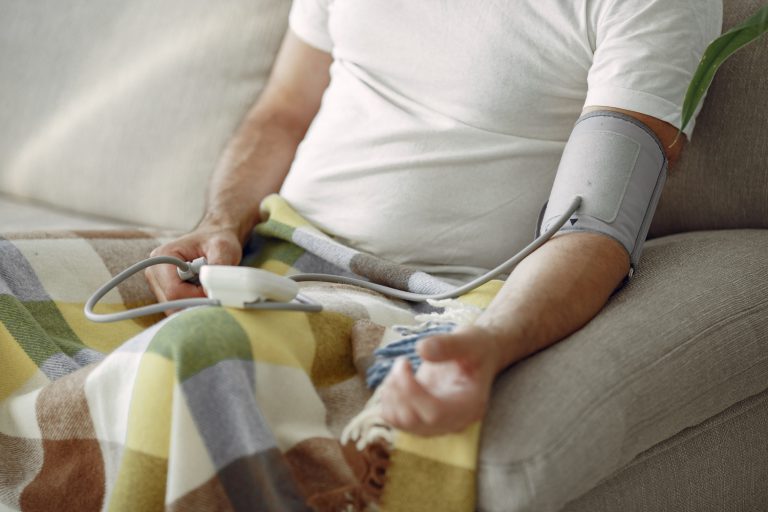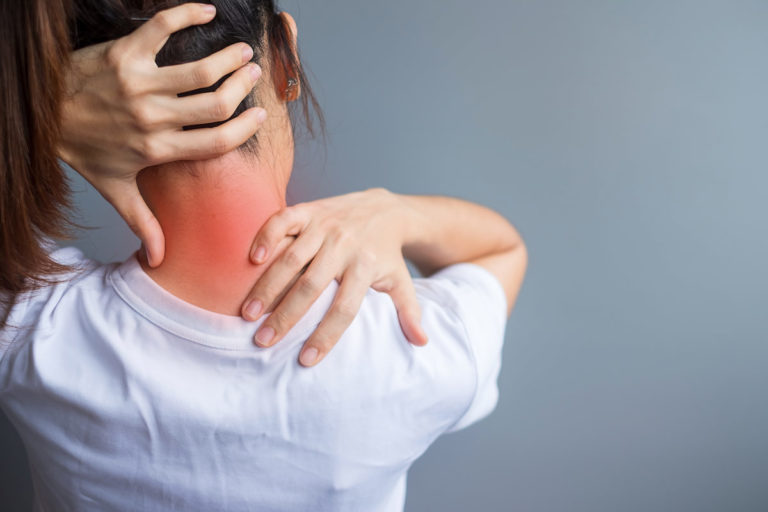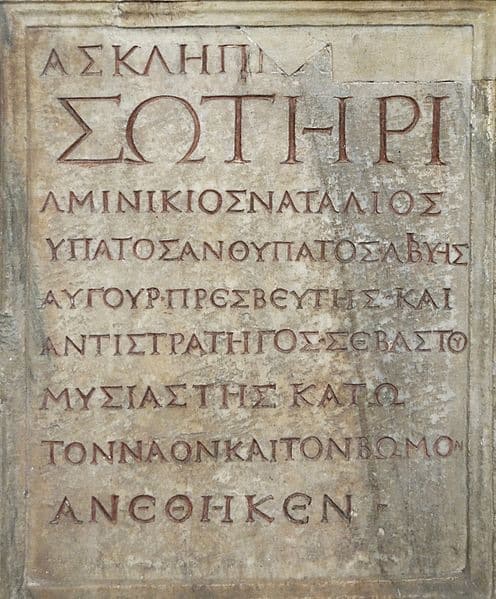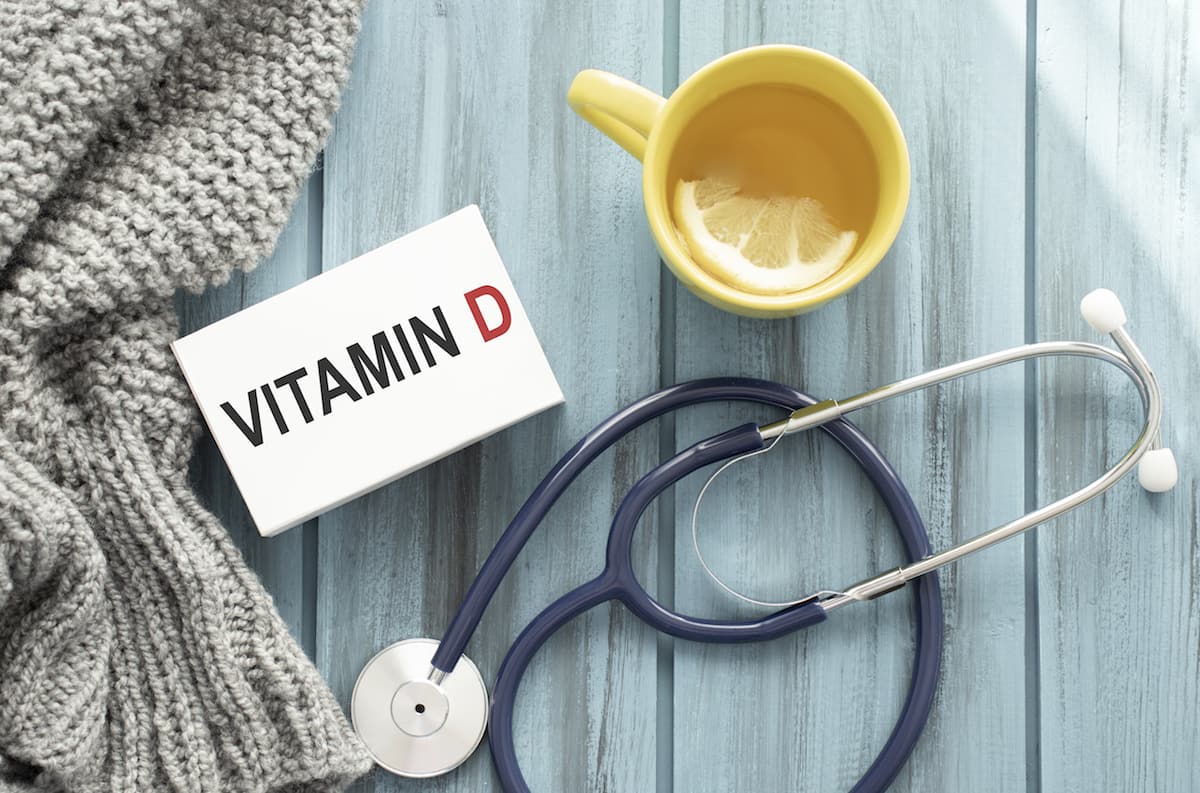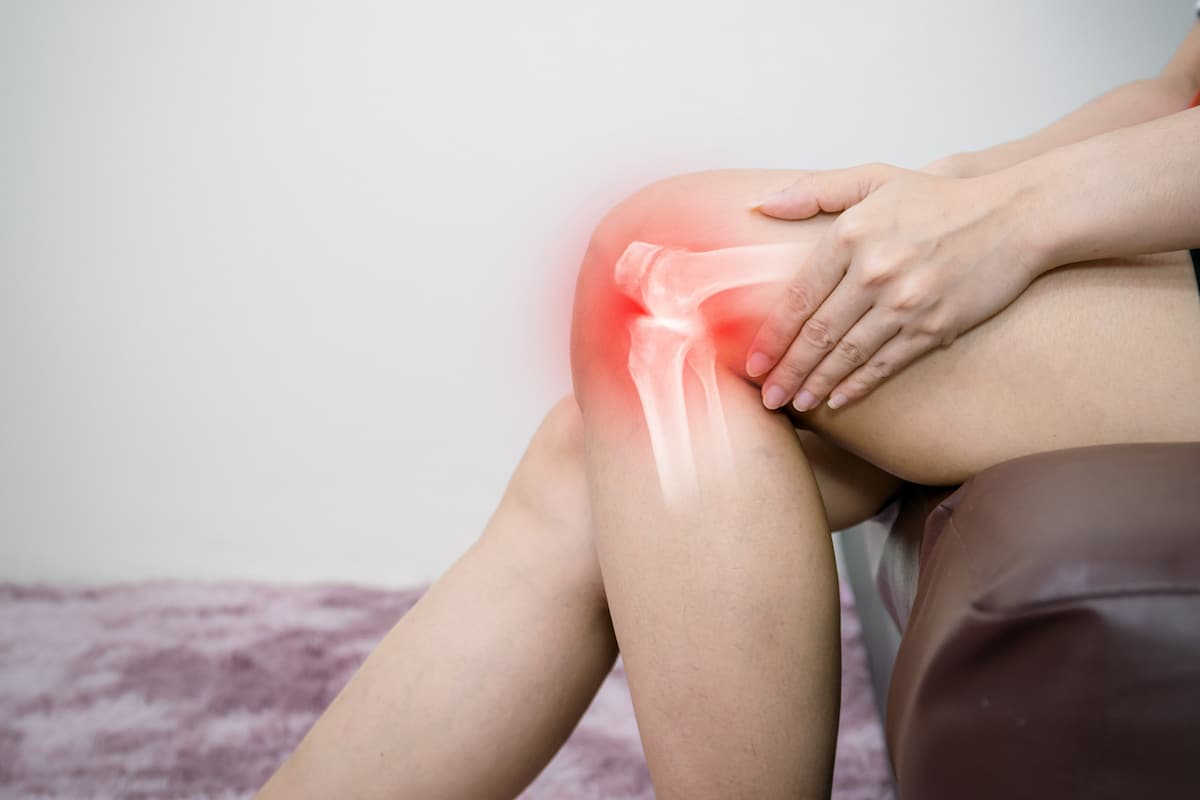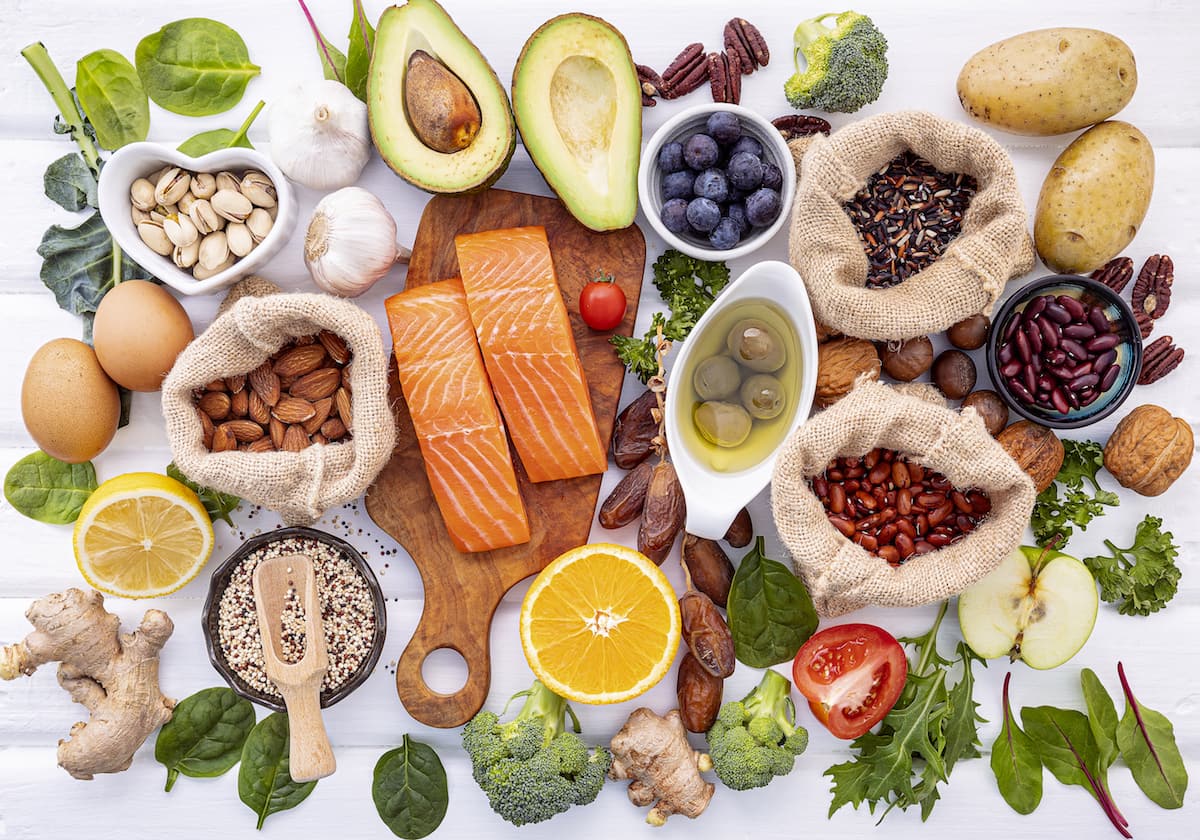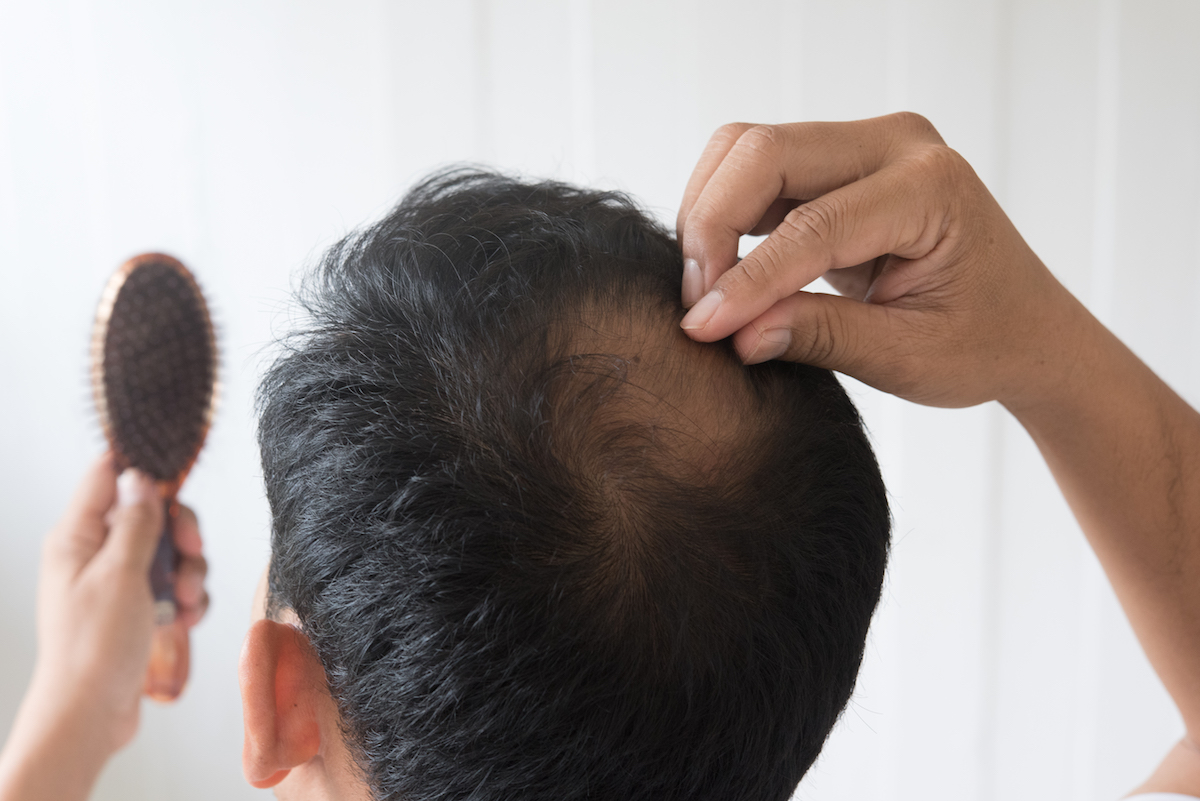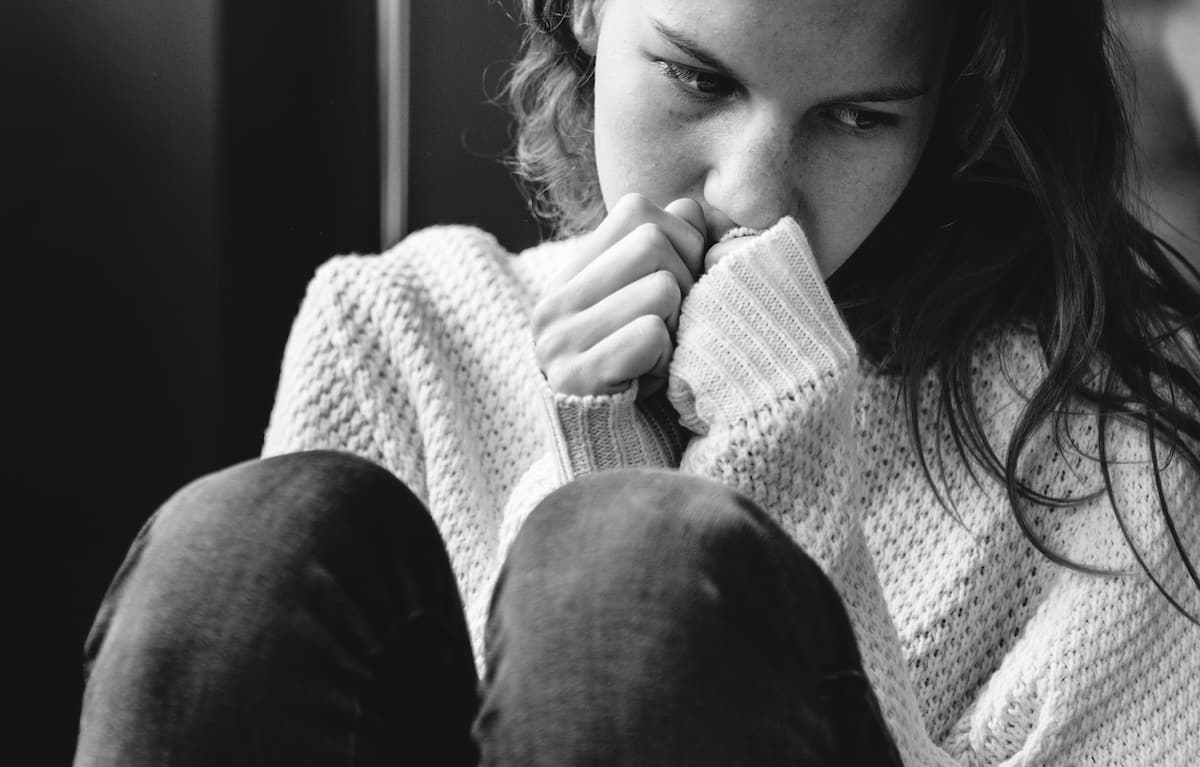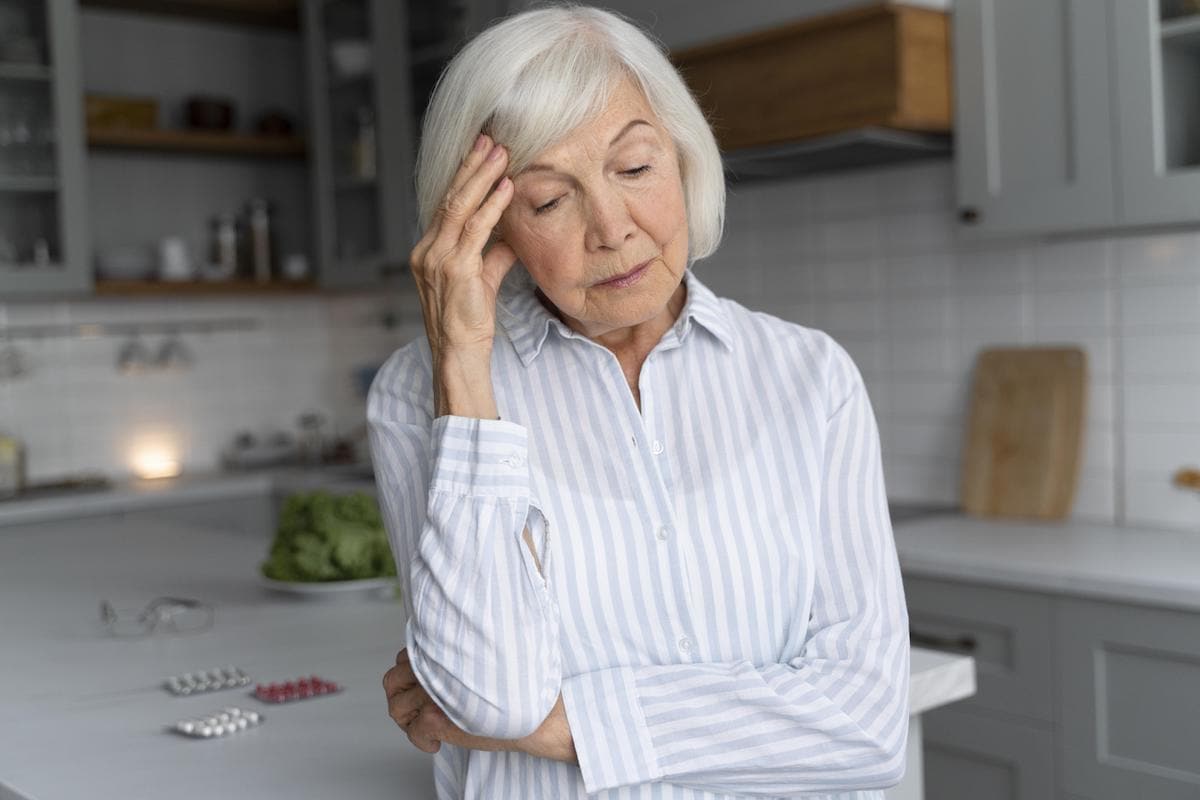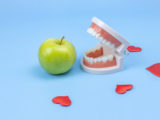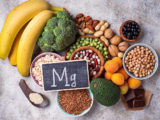Updated on 15. November 2021 from ÁYIO-Q Redaktion
Reading time: approx. 5 minutes
In the medicine of the ancient Greeks, illnesses were regarded as sacred punishments and the healing of them as a gift from the gods. However, in the fifth century BC, the fashion arose to seek the causes of diseases more in the material than in the spiritual. This strengthened scientific research, even though the spiritual side of diseases was never completely disregarded by the ancient Greeks. The Greek physicians of the time began to take a greater interest in the body itself and to explore the connection between causes and effects. They were concerned with the relationship between symptoms and diseases and tried out various healing methods.
There was no one Greek medicine in the ancient world. Rather, there was a collection of different methods and views that differed according to geographical location, time or even local traditions, patient sex or class affiliation. Some approaches, however, were generally found in ancient Greek medicine. These were, for example, the influence of nutrition or the belief that the patient himself could do something about his suffering – instead of assuming, as in previous times, that the gods alone decided on health and illness.
Doctors in ancient Greece discovered that lifestyle was a determining factor in health or illness – as were heat, cold and trauma. They could alleviate symptoms or cure a disease completely, even muteness, paralysis or blindness. Doctors also found that a person’s physical condition determined the severity of an illness or the likelihood of someone getting sick in the first place. Doctors were convinced that a better understanding of the causes of symptoms could help fight the disease. A greater knowledge of the human body brought the realisation that a lack of balance among the bodily fluids led to disease.
What did Greek medicine consist of in ancient times?
The healing art of the ancient Greeks focused on the analysis and improvement of the patients’ lifestyle and the use of plants such as herbs, roots or even amulets. Surgeries were also performed, for example on wounded soldiers. In general, however, Greek physicians relied primarily on the healing effect of spring water and offered their patients appropriate cures. They were skilled at recognising what was wrong with a person just by looking at his or her facial expression. In addition to a balanced diet and sufficient exercise, spiritual nourishment also played an important role in their holistic approach. Through theatre and comedy, the patients were well entertained and supported in their recovery.
In ancient Greece, the sick usually went to a temple dedicated to the god of medicine, Asclepius. There they prayed for healing and often spent the night. In their sleep, they would get intuitions about the right cure for their ailments. They communicated this message to their doctor, who integrated it into the cure. In principle, ancient Greek medicine always focused on freeing people from their existing ailments and preventing further suffering through a healthier lifestyle.
What can we learn from ancient Greek medicine?
Physical ailments arise when a person gets into an imbalance – this wisdom still holds true today. Think of a person who is grossly overweight: he has a much higher chance of having a heart attack or stroke or of suffering from high blood pressure than a normal-weight person of the same age. Many ailments can be alleviated and sometimes even completely cured by a change in lifestyle, by the right food for the soul and the body or by high-quality water from natural sources. This is just as true today as it was in ancient times.
The ÁYIO-Q Centre of Vitality under German management in Bulgaria has rediscovered the ancient traditions of the Greeks and continues them in a modern way. It starts with a holistic view of the human being. ÁYIO-Q is dedicated to increasing life energy and activating the self-healing powers on a natural basis. This can result in health without risks and side effects. Just as the Greek doctors of the past were always striving for new knowledge, ÁYIO-Q combines the ancient Greek knowledge with modern approaches from quantum medicine and neuroscience.
The holistic approach of ÁYIO-Q includes nutrition, breathing, spiritual, skin cleansing and care, word therapy as well as healing and mineral water cures. Quantum physics offers interesting possibilities without using classical painkillers for quick symptom relief. Especially the spiritual aspect is indispensable for sustainable, holistic health. Those who are not in harmony with themselves and the world increase their risk of illness.
With the ÁYIO-Q health programmes, it is possible for the first time to easily take care of your health from home. While the ÁYIO-Q Centre of Vitality had long waiting times for interested people in the past, access to the online health programmes is now possible at any time and without limits. At www.ayio-q.com, one can find important information on the topic of health and vitality into old age. On the website of the provider, a health test can be carried out, which shows how one’s own life energy and self-healing powers are doing.
Related articles: Health in ancient Greece
Sources:
- https://www.ancient.eu/Greek_Medicine/, retrieved on 10.04.2021
- https://www.purplemotes.net/2014/03/22/gods-physicians-epigrams/, retrieved on 10.04.2021
